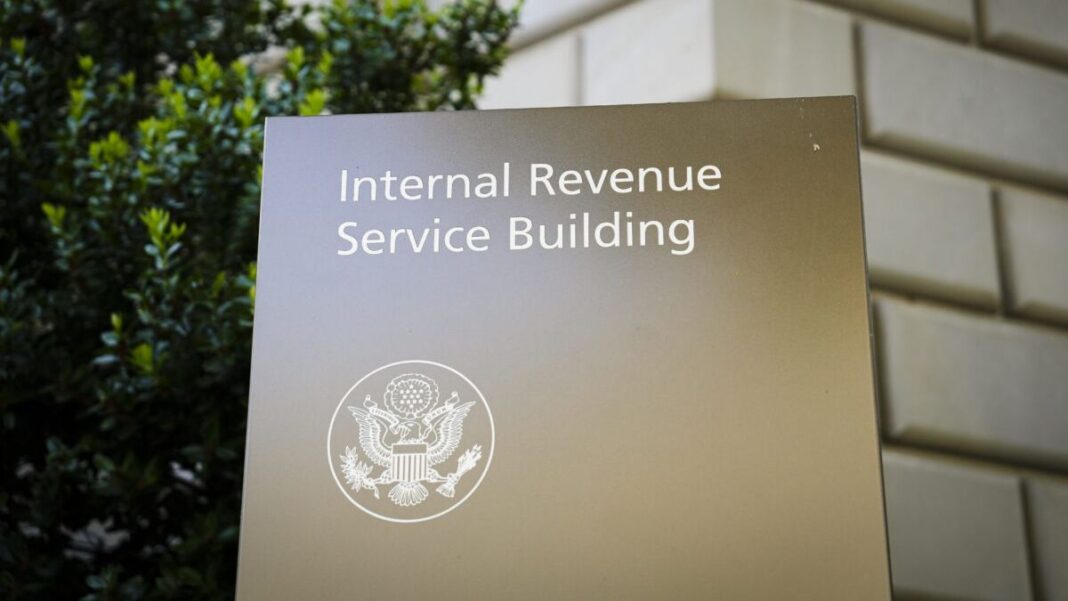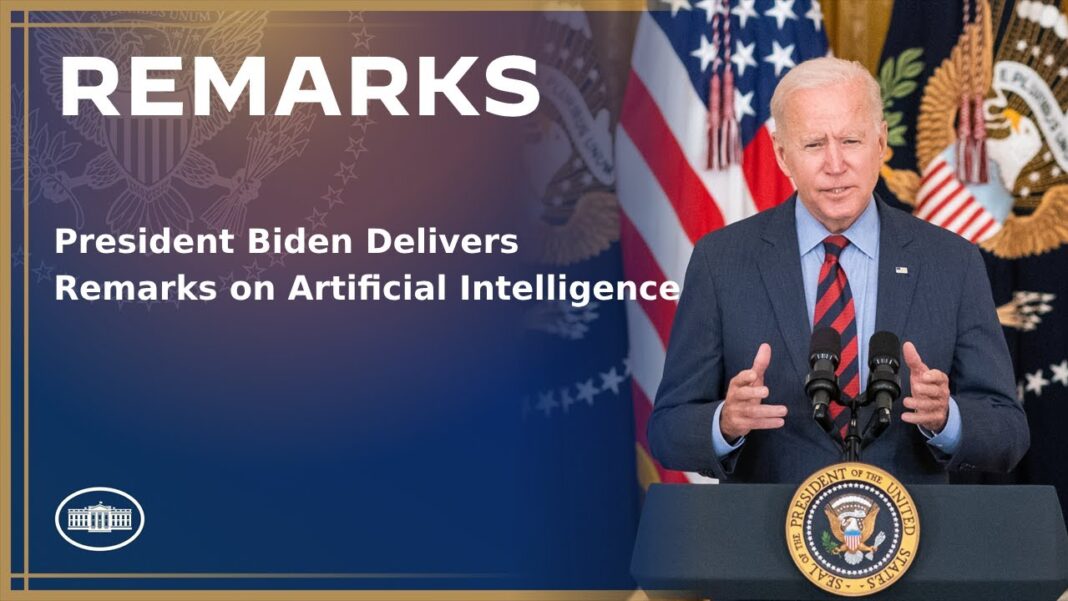The IRS stated that it’s taking “swift and aggressive action” targeting compliance issues related to Employee Stock Ownership Plans (ESOPs), which are retirement arrangements through which employees become partial owners of their company by owning stock in it.
As part of its broader thrust to increase tax collections, the IRS stated in an Aug. 9 alert that it had identified numerous compliance issues associated with ESOPs, including certain arrangements that are potentially abusive and can amount to prohibited transactions.
Since an ESOP can borrow funds from employers or third parties to purchase shares of the employer, ESOPs can be complex arrangements. In light of this complexity, the IRS stated that it’s taking tougher enforcement strategies to make sure that employers who sponsor an ESOP are complying with tax laws.
Some of the compliance problems flagged by the IRS include valuation issues with employee stock, prohibited allocation of shares to disqualified people, and failure to follow tax rules for ESOP loans that cause such loans to be unlawful.
‘Swift and Aggressive Action’
IRS Commissioner Danny Werfel said that before recent legislation that included a massive $80 billion funding boost for the tax agency, the IRS was unable to keep up with increasingly complicated ways that some taxpayers might avoid paying taxes.
“The IRS is now taking swift and aggressive action to close this gap,” Mr. Werfel said in a statement. “Part of that includes alerting higher-income taxpayers and businesses to compliance issues and aggressive schemes involving complex or questionable transactions, including those involving ESOPs.”
Besides compliance issues related to ESOPs, the IRS has identified instances of tax advisers promoting potentially abusive arrangements related to such plans. For instance, certain schemes have come to the attention of the tax agency that involve a company’s establishing a “management” S corporation.
This S corporation’s stock is entirely owned by an ESOP with the primary intention of diverting taxable business earnings to the ESOP. The S corporation claims to extend loans to business proprietors equivalent to the business’s income, aiming to avoid taxation on those earnings.
By Tom Ozimek








